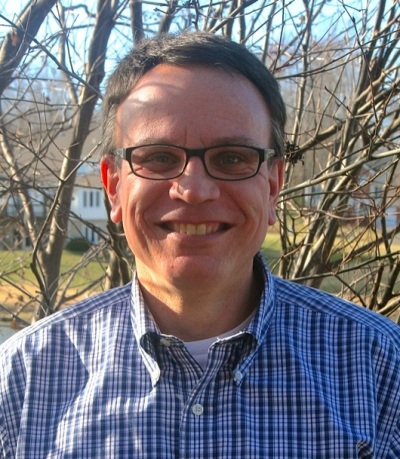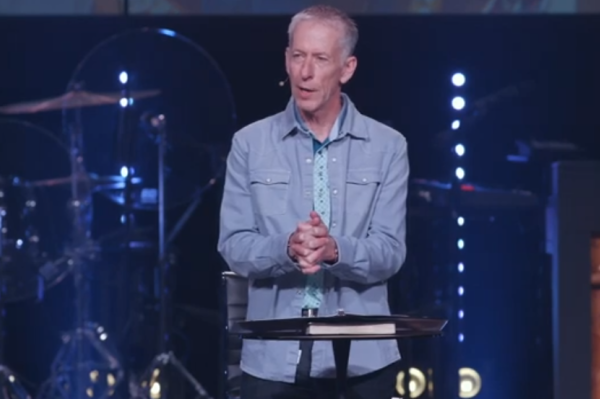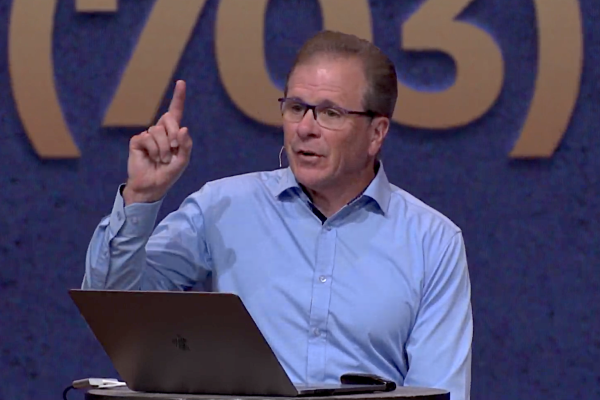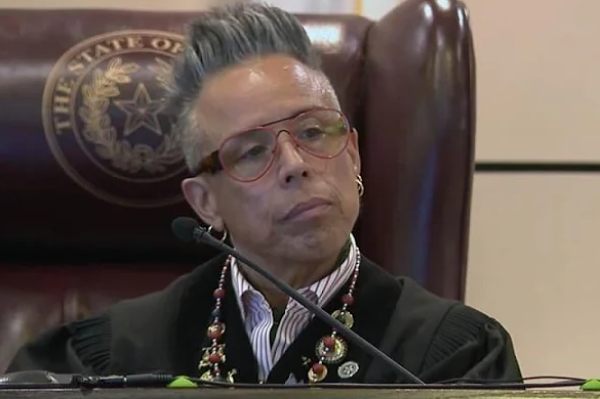Billy Graham's Grandson Boz Tchividjian No Longer Identifies as 'Evangelical': Report

Boz Tchividjian, the grandson of world renowned evangelist Billy Graham, is reportedly no longer identifying himself with the term "evangelical," joining many others who have abandoned the term in the wake of the election of President Donald Trump.
"I don't identify myself with that term any more," Tchividjian, an activist who speaks out against sexual abuse in the church, was quoted as saying in a Nov. 3 article focusing on "exvangelicals" published by the British news outlet The Guardian.
"Words matter," Tchividjian said. "And 'evangelical' isn't like Baptist or Episcopalian, which can be clearly defined. The minute you use that term to someone, "you're defined by how they interpret it."
As 2016 presidential election exit polls showed that 81 percent of people who identified as white evangelicals voted for Trump and as Trump has done much in his first year in office to appeal to the conservative evangelical vote, the word "evangelical" has increasingly become associated with the Trump presidency.
Considering that "evangelical" a word that most people don't actually know the true definition of or who it refers to, it has begun to take on a very political connotation for many Americans.
"Because we have such a broad and vague definition of evangelical, one person could automatically assume every evangelical is a Trump supporter, while another could think they're anti-Trump, because that exists as well," Tchividjian explained. "We're looking at faith through a political lens, and that's unfortunate and dangerous."
The Christian Post reached out to Tchividjian for further comment on his remarks to The Guardian and will provide an update if a response is received.
Although many think of white social conservatives when they hear the term "evangelicals," the National Association of Evangelicals and LifeWay Research define evangelicals as a diverse group of people from many faith traditions who strongly agree with four basic truths. Those truths are:
- "The Bible is the highest authority for what I believe.
- It is very important for me personally to encourage non-Christians to trust Jesus Christ as their Savior.
- Jesus Christ's death on the cross is the only sacrifice that could remove the penalty of my sin.
- Only those who trust in Jesus Christ alone as their Savior receive God's free gift of eternal salvation."
Tchividjian joins other Americans and organizations that have disassociated themselves from the term "evangelical" following Trump's election.
Earlier this year, the Princeton University student group Princeton Evangelical Fellowship dropped the word "evangelical" from its name and became known as the Princeton Christian Fellowship."
"There's a growing recognition that the term evangelical is increasingly either confusing, or unknown, or misunderstood to students," Chaplain William Boyce, PCF executive secretary, told The Daily Princetonian.
"I'm old enough to think [evangelical] is a good word, but it's reached a point where there's so much baggage attached around it so that it's no longer a helpful word to identify ourselves," Boyce added.
Similarly, a Facebook group has been launched called "Exvangelical," which has over 1,100 members.
"There's a support group on Facebook called 'Exvangelical' and I see a lot of people on there saying it was after the 2016 election that they decided they needed to distance themselves from that term," former evangelical Christopher Stroop told The Guardian. "These are people who don't agree with the politics of evangelicals. And really, these days, anyone who doesn't agree with the politics of evangelicals, but wants to still use that term, are too much of a minority to be relevant to its definition."
NAE President Leith Anderson told The Guardian that there is a tendency to define evangelicals on the basis of actions committed by only a few evangelicals.
"There are people who identify as evangelical and then do strange things, and somehow that's projected on to everybody," Anderson argued. "A few years ago there was this pastor of a small church in Florida who decided he was going to burn the Qur'an, and then I got all these calls from government agencies and the press. And I've never heard of anybody wanting to burn the Qur'an — it was just this one guy! If I read that story and didn't know anything about evangelicals, I might think that's what they were all like."
In August, leading Southern Baptist ethicist Russell Moore and other Christian leaders were asked during a panel discussion if the "evangelical" label was worth keeping. Moore responded by saying that it depends on the context of who is asking but he would most likely say "yes."
"I think sometimes, when people on the outside think of 'evangelical,' they think of whatever TV evangelist that they happen to be familiar with," Moore, president of the Southern Baptist Convention's Ethics & Religious Liberty Commission, said. "So sometimes people haven't really thought about evangelicalism since the evangelical scandals of the 1980s I guess, or the aftermath of that. Or they think of some health and wealth prosperity gospel preacher. And that's even more true overseas, when someone talks about evangelicalism, I really have to" explain what it means.
"But the majority of the time it's a political identity first," Moore added. "And many journalists just assume that what evangelicals do all day is wait for the Iowa caucuses every four years."





















